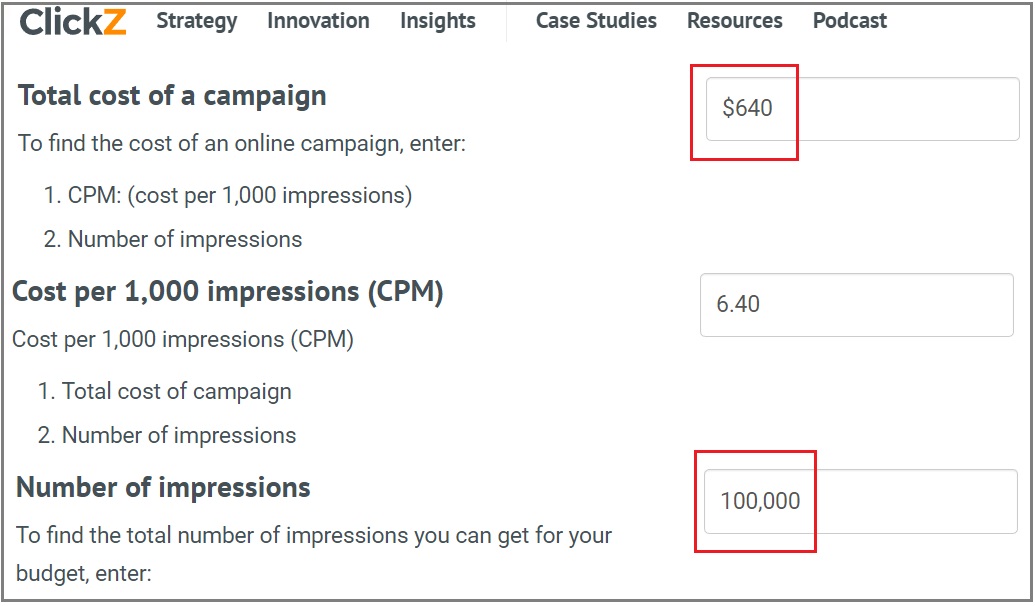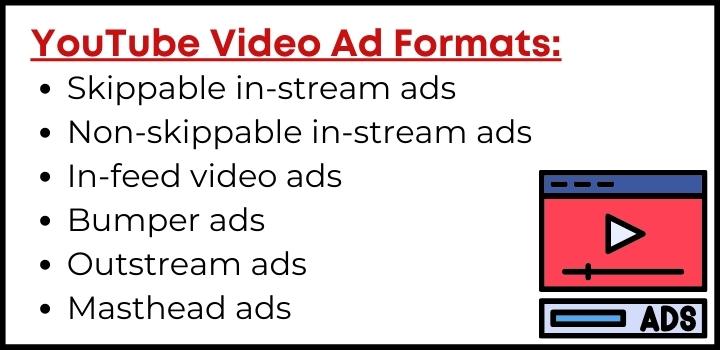If you’re interested in learning about YouTube Advertising costs, and how they work, we will show you how to estimate your budget and choose the right advertising format for your needs.
We get a lot of questions about YouTube advertising costs; while it may seem like a complicated topic, running your video advertising on YouTube can be pretty simple. In this article, you can watch our video; we will show you some examples and explain the basics of advertising costs on YouTube. To begin, you will see an example of an ad campaign Surfside PPC is running. You can view our YouTube Advertising Tutorial to know how you can set up a campaign.
How Much Does YouTube Advertising Cost?
Your budget will determine your overall YouTube Advertising cost. For budgeting, you can set your daily budget or use a total budget for the campaign so you have complete control over spending. Various factors, such as your advertising models, budgeting strategies, and targeting methodologies, will influence the YouTube ad cost. Additionally, YouTube ad costs can fluctuate significantly during peak shopping times like the holiday season due to increased competition for viewer attention.
Your Avg. CPV, cost per conversion, and Avg. CPM will depend on your YouTube Advertising goals, your budget, your location targeting, and the audience you are targeting. For average cost per view, You can expect to spend anywhere from $0.05/view to $0.30/view. For your average cost per 1,000 impressions, you can expect an Avg. CPM of $5 to $20.
- Budget and Spend (Cost)
The overall amount you will spend directly depends on your budget. You will set a daily budget and calculate how much you spend over the course of a month. You can put an ad on YouTube for as little as $1 per day.
- Average Cost Per View (Avg. CPV)
YouTube ads have an average cost-per-view of $0.05 – $0.30, and the views that you generate will count towards your overall YouTube viewer count. Video costs are determined by your bids, budget, advertising goals, and the target audience’s competitiveness.
- Average Cost Per 1,000 Impressions (Avg. CPM)
YouTube Advertising CPM is the amount you pay for 1,000 impressions of your video ad.
- Cost Per Conversion (Cost/conv.)
The best way to monitor your campaigns is to use conversion tracking and optimize them to get your cost per conversion as low as possible.
- Average Cost Per Engagement (Avg. CPE)
You can also look at your cost per engagement, including all ad engagements. Engagements include clicks, views, and any interaction with your advertisement.
Sample YouTube Advertising Campaign Costs
I created a YouTube Ads campaign to drive my Google Ads account conversions. YouTube video ads come with various costs, determined by a bidding system where advertisers pay based on viewer interaction. Below, you will see some sample data that shows my spend, Avg. CPM, Avg. CPV, Avg. CPE and my Cost/conv. for the campaign.

Analyzing YouTube Ads Cost Data
I am paying $0.09 per video view, $6.40 per 1,000 impressions, and $0.07 per engagement for my campaign. Ad placement on YouTube is highly competitive, with advertisers bidding for visibility; higher bids often result in more prominent ad placements compared to those with lower bids. Since I haven’t driven a conversion yet, I don’t have a cost-per-conversion metric.
YouTube Avg. CPM
I recommend using a CPM calculator to forecast your average CPM, campaign cost, and video views. It allows you to enter your cost to find how many impressions you will get. or enter how many impressions you want and determine how much it will cost. You can use my sample data above or numbers such as $0.10/view and $10.00/thousand impressions.

Focus on Cost Per Conversion Instead of Cost Per View
Every advertising medium is different, but with YouTube, companies typically do not advertise for website traffic. Your goal should be to drive leads or drive brand awareness and reach. At Surfside PPC, we don’t expect heavy website traffic after running a YouTube ad. Still, if I spend $50 per day and get two leads per day, I consider that a successful YouTube ad campaign, regardless of the number of views or impressions my campaign drives.
Campaign Costs Will Vary By Campaign Type
When running a campaign focused on conversions, you will likely notice increased costs for each view and impression. You will notice decreased costs but fewer conversions when running campaigns geared towards branding, product consideration, and awareness. Each campaign type below will have different average costs, and it’s cheaper to run a 15-second non-skippable in-stream ad than a 30-second skippable in-stream ad. Non-skippable video ads ensure full visibility but can be more costly as they charge for every view. In contrast, skippable video ads are more cost-effective, charging only if viewers watch beyond a specific time.
YouTube Video Ad Formats and Costs
While these are averages, the main factor determining your overall cost is the video ad format you choose to run. Optimizing your YouTube ad campaigns involves setting realistic goals, managing budgets, and understanding the components of a successful campaign. There are several different types of YouTube video ad formats, as explained below:
- Skippable In-Stream Ads – In a skippable in-stream ad, viewers can skip the ad after 5 seconds. You will not be charged if the viewer chooses to skip. After the view of a skippable ad, you will be charged after 30 seconds or the length of the full video if it is less. You will also be charged for any click-throughs.
- Non-skippable In-Stream Ads – In a non-skippable in-stream ad users can’t skip the video. When using these videos, you are charged on a CPM basis, and they can be a maximum of 15 seconds.
- YouTube Bumper Ads – Bumper ads can be 6 seconds long. As with non-skippable ads, you are charged on a CPM basis.
- YouTube In-Feed Ads – In-feed video ads run on the YouTube search results and watch pages. The ad consists of an image thumbnail and three lines of copy. You are charged anytime someone clicks on the ad.
- Outstream Ads – Outstream ads are only offered as a mobile option. You are charged on a CPM basis; but only if your ad is viewable. An ad counts as “viewable” when 50 percent of the ad screen space is visible for two seconds or more of continuous video play.
- YouTube Masthead Ads – You are charged on a CPM basis, but you must purchase Masthead ads directly from a Google sales representative.

YouTube Ad Formats and Campaign Types Video
In Summary
YouTube Advertising costs vary, but you can expect to spend around $0.10 per view and $10.00 per 1,000 impressions. It’s very difficult to forecast an average cost per conversion because it will vary for every industry. As far as how much you spend, an advertiser has control over their budget.

